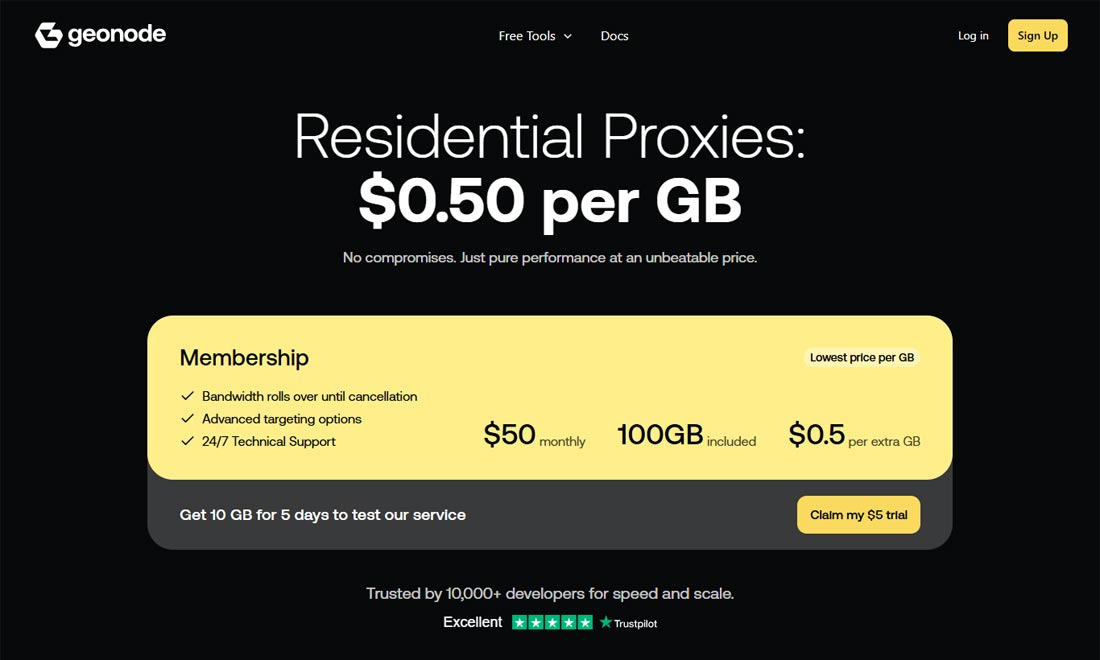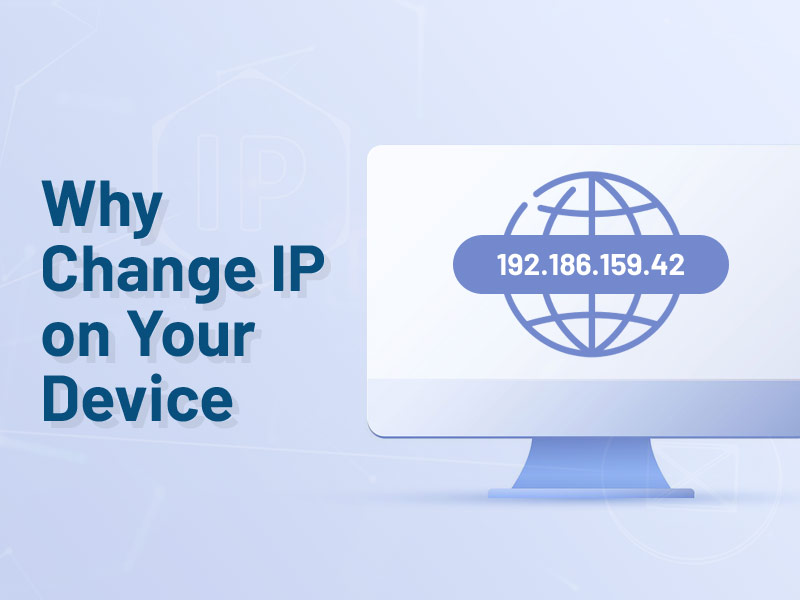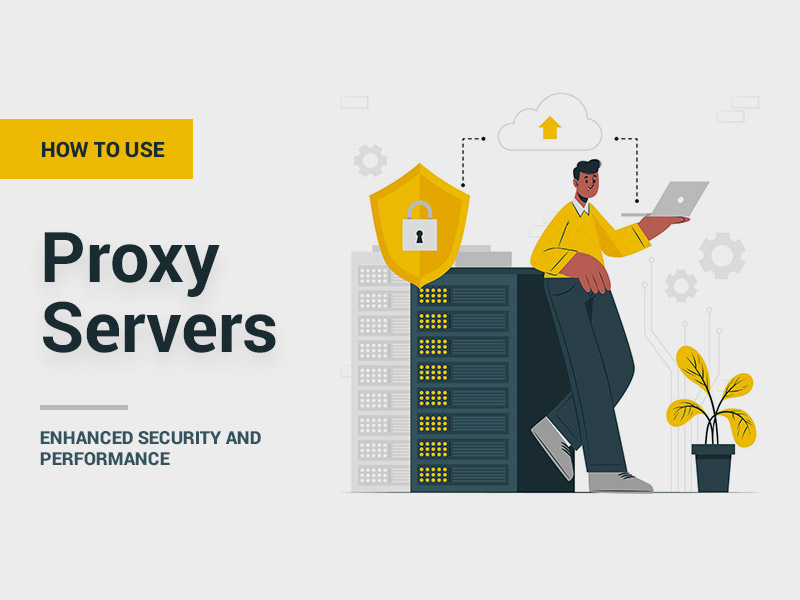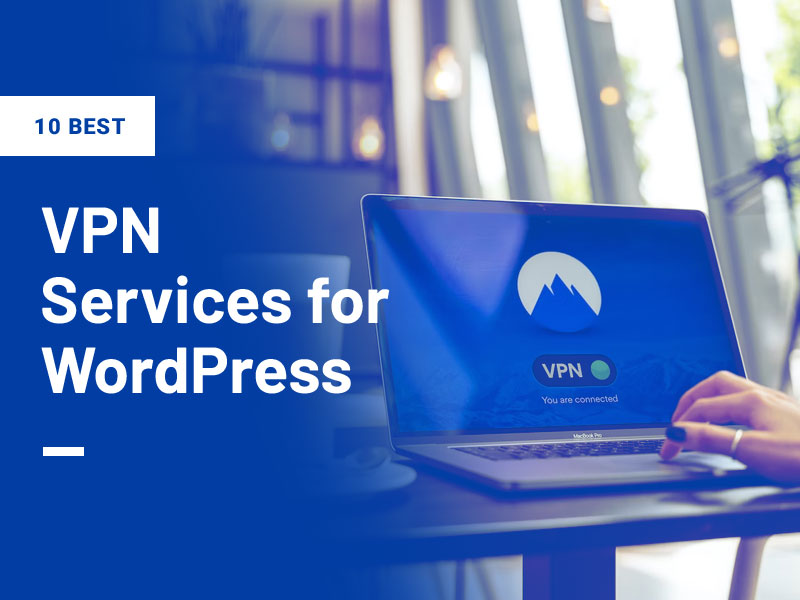In the expanding world of web scraping, choosing a proxy provider that balances security, speed, and cost-effectiveness is essential. Geonode proxy, a proxy service provider, offers a suite of options to support developers’ data extraction needs across industries. This review explores Geonode’s proxy types, standout features, and best use cases for various scraping tasks, helping developers make an informed choice based on their project requirements.
Geonode Proxy Types and Their Applications

Geonode’s offerings include several proxy types, each tailored to handle specific scraping scenarios. Here’s a look at Geonode’s primary proxy types and the use cases where they excel:
1. Residential Proxies
Geonode’s residential proxies use IP addresses assigned by ISPs, allowing requests to appear as though they come from real users. These proxies are highly effective for projects targeting platforms with strict anti-bot policies, such as e-commerce sites, social media, or location-restricted content. To further enhance anonymity and manage multiple accounts effectively on such platforms, developers can utilize Antidetect browsers like Multilogin. For web scraping tasks that require high anonymity, residential proxies provide the authenticity needed to bypass detection and avoid IP bans.
2. Datacenter Proxies
For developers seeking speed and cost-effectiveness, Geonode’s datacenter proxies offer an efficient solution. These proxies are not tied to ISPs but are hosted on high-speed data servers, making them suitable for high-frequency scraping projects where detection risks are minimal. Datacenter proxies are ideal for general web scraping, large-scale data collection, or projects that demand rapid request-response times without advanced anti-detection features.
3. Rotating Proxies
Geonode also provides rotating proxies that automatically switch IP addresses at specified intervals or after each request. This rotation reduces the risk of detection by distributing requests across multiple IPs, making rotating proxies perfect for high-volume data scraping, competitive pricing analysis, and other projects that require continuous data access without IP bans.
Key Features of Geonode Proxies
Geonode’s proxy offerings are designed with flexibility and ease of use in mind. Here are some of the standout features that set Geonode apart:
- Extensive Global IP Pool: With a wide range of IP addresses across multiple locations, Geonode offers developers the flexibility to target specific countries or regions, making it easier to collect location-sensitive data. This geographic reach is crucial for projects that require regional targeting, such as localized content aggregation, market analysis, or region-specific trend tracking.
- Automatic IP Rotation and Session Control: Geonode’s rotating proxies allow developers to manage session duration or automatically switch IPs based on project needs. This adaptability helps maintain anonymity while accommodating specific data extraction requirements, whether for prolonged sessions or frequent IP changes to avoid detection.
- API Integration and Developer-Friendly Setup: Geonode offers API integration that simplifies proxy configuration and management, allowing developers to incorporate proxies into existing scraping systems quickly. The API is intuitive and supports easy scaling for large projects, making it suitable for both individual developers and enterprise-level applications.
- High Uptime and Reliability: Stability is a priority in Geonode’s infrastructure, ensuring a high uptime and consistent connection quality. This feature is essential for developers managing continuous or time-sensitive scraping projects, as it minimizes interruptions and maintains a steady data flow, even in large-scale operations.
How to Choose the Best Geonode Proxy for Your Project
1. Define Anonymity and Detection Risk Requirements
If your project targets platforms with high detection sensitivity, Geonode’s residential proxies offer an effective solution by mimicking real user traffic. These proxies are the best choice for social media scraping, e-commerce monitoring, or other tasks where detection is a significant concern.
2. Consider Data Volume and Request Frequency
For large-scale scraping projects requiring high request frequencies, Geonode’s rotating proxies help spread requests across multiple IPs, reducing the likelihood of IP bans. This setup is optimal for data-intensive applications such as price monitoring or news aggregation, where uninterrupted access to data is critical.
3. Evaluate Speed and Latency Needs
Geonode’s datacenter proxies are designed for high-speed data extraction and provide the rapid response times necessary for projects where latency is a priority. Developers focused on time-sensitive scraping tasks, such as real-time data tracking or SEO monitoring, can benefit from the efficiency of datacenter proxies.
4. Use Geographic Targeting for Location-Specific Projects
Geonode’s expansive IP pool across global regions makes it possible to collect region-specific data efficiently. For projects that rely on localized information, such as market research or trend analysis, Geonode’s geographic targeting options allow developers to capture precise, location-based data.
Also read: How to Get Residential Proxies?
Conclusion: Geonode as a Flexible, Efficient Proxy Solution
Geonode’s proxy solutions offer developers the versatility to meet a range of web scraping requirements. With robust residential, datacenter, and rotating proxy options, Geonode provides the essential tools for developers looking to balance anonymity, speed, and geographic specificity in their scraping projects.
For projects of all sizes, from small-scale social media analysis to enterprise-level data collection, Geonode’s proxy infrastructure supports both stability and adaptability. By leveraging Geonode’s user-friendly API, extensive global reach, and session control features, developers can create scraping workflows that are both efficient and resilient. Geonode’s focus on performance and accessibility makes it a strong choice for developers and businesses looking to elevate their web scraping capabilities.







